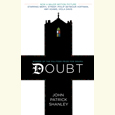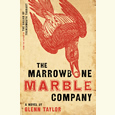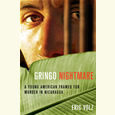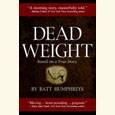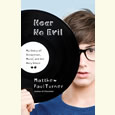Eccentric Faith
June 2, 2010 John Patrick Shanley’s 2005 play, Doubt: A Parable, won the Triple Crown for drama: a Tony Award, an Obie, and a Pulitzer Prize. The 2008 film version, which Shanley directed, stars Meryl Streep and Philip Seymour Hoffman and was nominated for Critic’s Choice Award, a Golden Globe, and an Academy Award for Best Adapted Screenplay. Shanley is a product of parochial schools, a fact that figures heavily in the design of Doubt, the story of a mistrustful, conservative nun who suspects a progressive parish priest of having an inappropriate relationship with an altar boy. Shanley will be in Nashville as part of Lipscomb University’s thirtieth annual Christian Scholars’ Conference. He speaks at 4 p.m. on June 3 in the Collins Alumni Auditorium.

